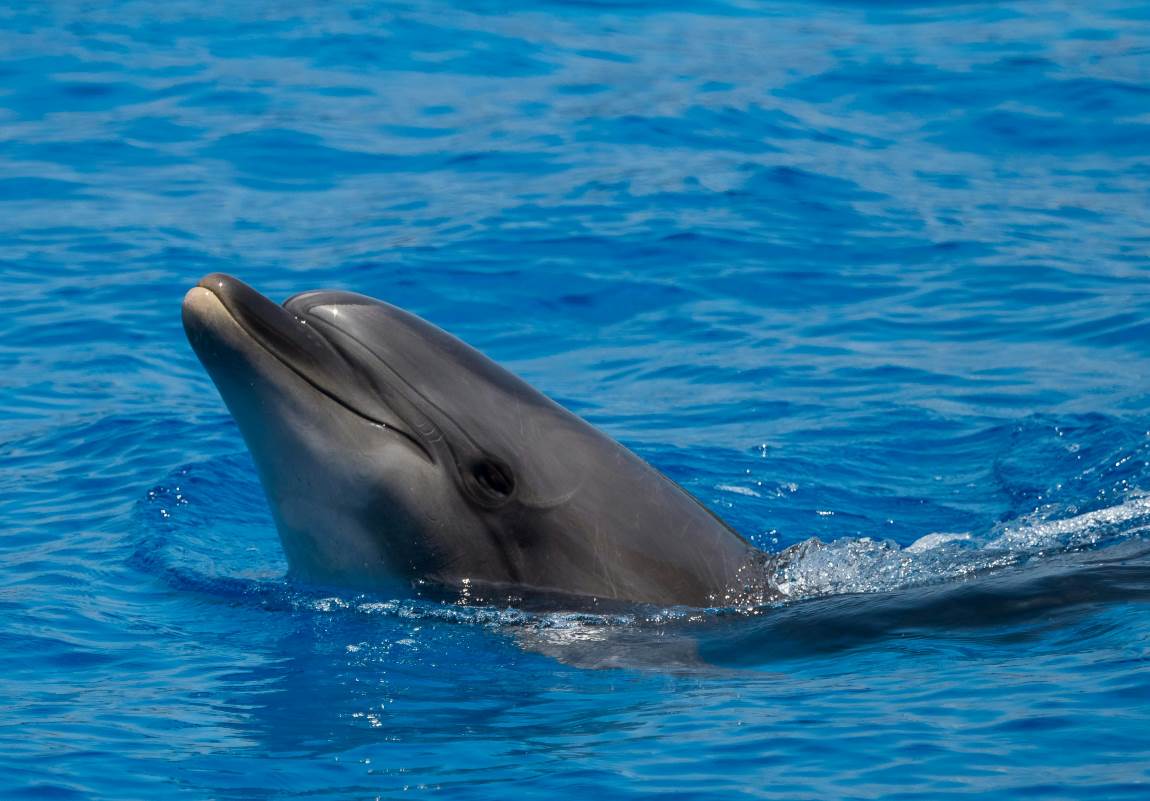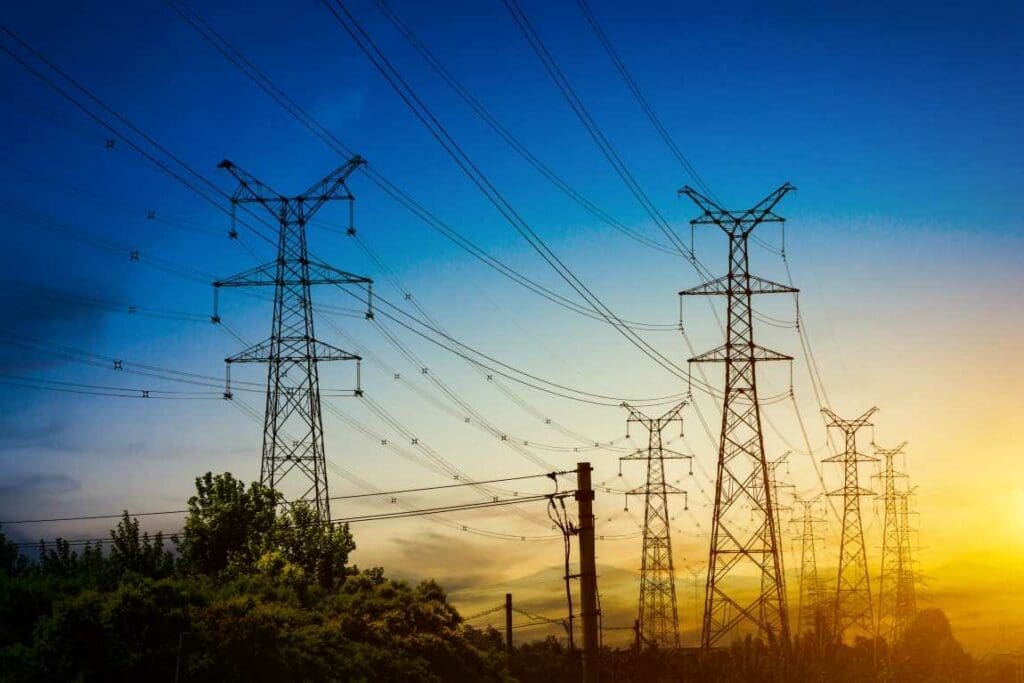Brussels, Belgium (AFP) – The European Commission approved Monday a plan to close the Bay of Biscay on the French and Spanish Atlantic coasts to large fishing boats for one month this winter to prevent accidental dolphin catches.
The closure aims to counter the stranding of dolphins and other small cetaceans that have regularly occurred along the coast in recent years after they are caught by boats seeking other fish.
If approved in the EU Parliament, the Bay of Biscay will be closed to boats longer than eight metres (26 feet) from January 22 to February 20, “a high-risk period for bycatches”, the commission said.
Agreed by France, Spain, Portugal and Belgium, the closure will affect around 300 vessels.
Smaller boats meanwhile will have to use “acoustic deterrent devices” to avoid catching dolphins.
The commission had ordered a similar one-month closure in early 2024.
Around 9,000 dolphins die each year from incidental bycatches along the French Atlantic coast, according to the International Council for the Exploration of the Sea, well above the threshold of 4,500 animals that puts the population’s survival at risk.
aro/mad/js/sbk
© Agence France-Presse
Featured image credit: William Warby | Pexels




